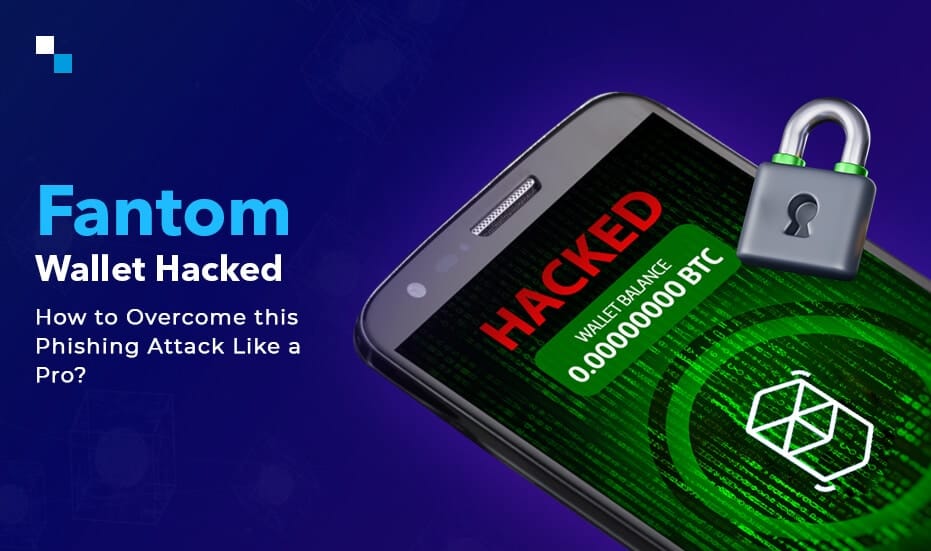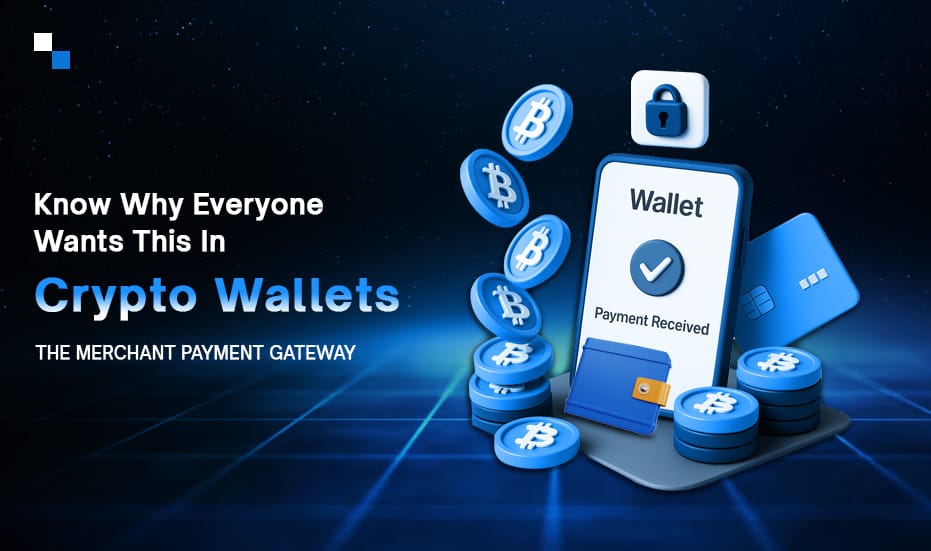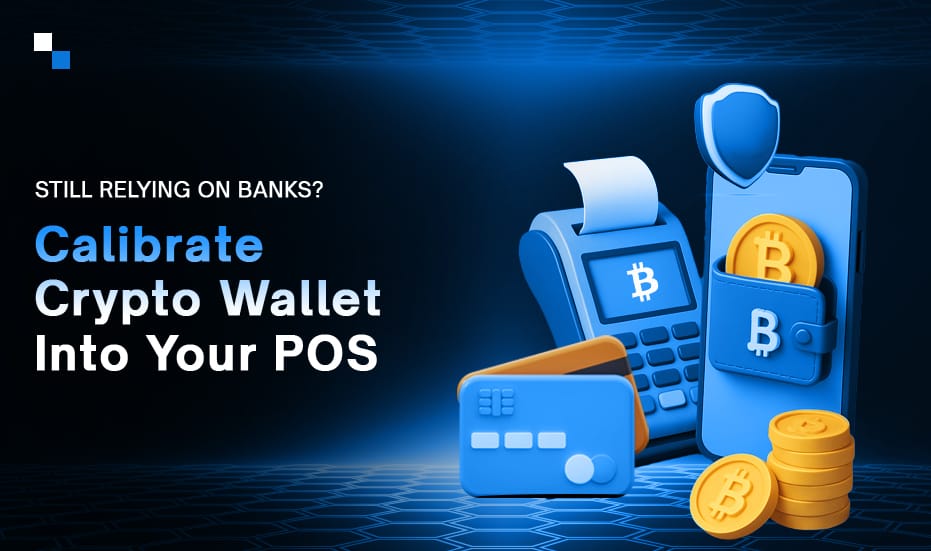
Get the Best Crypto Wallet Clone Script Solution like ZenGo
October 25, 2023
How Metaverse Sustainability is Shaping the Business Landscape?
October 26, 2023The ever-evolving nature of cyber threats makes it imperative for the crypto community to remain vigilant and proactive in securing their assets. Many crypto wallet hacks have raised concerns in the crypto community in recent times. These security breaches have exposed vulnerabilities in both centralised and decentralised wallets, undermining the trust of investors and users. Hackers have targeted various crypto platforms, stealing millions of dollars worth of digital assets. One such Blockchain platform is Fantom.
Fantom Foundation, the entity behind the Fantom network, recently experienced a security breach resulting in a loss exceeding $550,000 in cryptocurrency. The foundation officially acknowledged this incident on X, asserting that a significant portion of the stolen assets belonged to external users while affirming the preservation of 99% of the foundation’s financial resources. The team is actively engaged in an ongoing inquiry to thoroughly examine the breach and its implications.

At the outset, blockchain security experts documented an initial estimation of a $7 million cryptocurrency loss attributed to the attacker. Subsequently, the Fantom Foundation issued an official statement clarifying that certain wallets denoted as “Fantom: Foundation wallet” had been erroneously categorized by blockchain explorers. It was emphasized that not all the stolen assets were linked to the foundation. The team further elucidated that some of the affected wallets were initially associated with the foundation but had subsequently been reassigned to a Fantom team member, no longer containing company assets.
CertiK, a blockchain security platform, verified the foundation’s security breach, initially estimating the losses at $657,000. Subsequently, this assessment was revised to approximately $7 million. Upon a detailed examination of the blockchain data, it is evident that an account designated as “Fantom Foundation Wallet 1” by Etherscan initiated transactions, sending over 2,000 CVX, 1,000 Dai, 4,500 USD Coin, and other tokens to an account identified as “Fake_Phishing188024.” Furthermore, another account, identified as “Fantom Foundation Wallet 20” through the Fantom network’s block explorer, transferred more than 1 million FTM to an account named “Fake_Phishing32.”
How to Prevent Such Phishing Attacks?
Preventing phishing attacks as similar as Fantom’s hot wallet attack requires the following efforts:
- Verify URLs : Always double-check the URL of the website or platform you are using to access your crypto wallet. Ensure it matches the official website’s URL and look for any unusual characters or misspellings.
- Beware of Unsolicited Emails and Messages : Be cautious when receiving emails, social media messages, or other forms of communication-related to your crypto wallet. Verify the sender’s identity and avoid clicking on links or downloading attachments from suspicious sources.
- Enable Two-Factor Authentication (2FA) : Always enable 2FA for your crypto wallet. This additional security layer helps protect your account even if your password is compromised.
- Check for SSL Certificates : Ensure that the website uses an SSL certificate, which is indicated by “https://” in the URL and a padlock icon in the address bar. This signifies a secure connection.
- Do Not Share Private Keys or Seed Phrases : Never share your wallet’s private keys or seed phrases with anyone. These are the keys to your funds and should be kept private.
- Employ Strong Passwords : Create strong, unique passwords for your wallet and change them regularly. Use a reputable password manager to generate and store complex passwords securely.
- Be Wary of Phishing Links : Do not click on links provided in emails or messages. Instead, manually type the URL of your wallet into your browser or use a saved bookmark.
- Check for Suspicious Activity : Regularly monitor your wallet for any unauthorized transactions or changes in your balance. Report any suspicious activity to your wallet provider.
- Use Whitelists : Some wallets offer the option to create whitelists of approved addresses for withdrawals. This can prevent unauthorized transfers to unknown addresses.
By implementing these measures and maintaining a vigilant attitude, you can significantly reduce the risk of falling prey to phishing attacks and protect your valuable cryptocurrency holdings.



